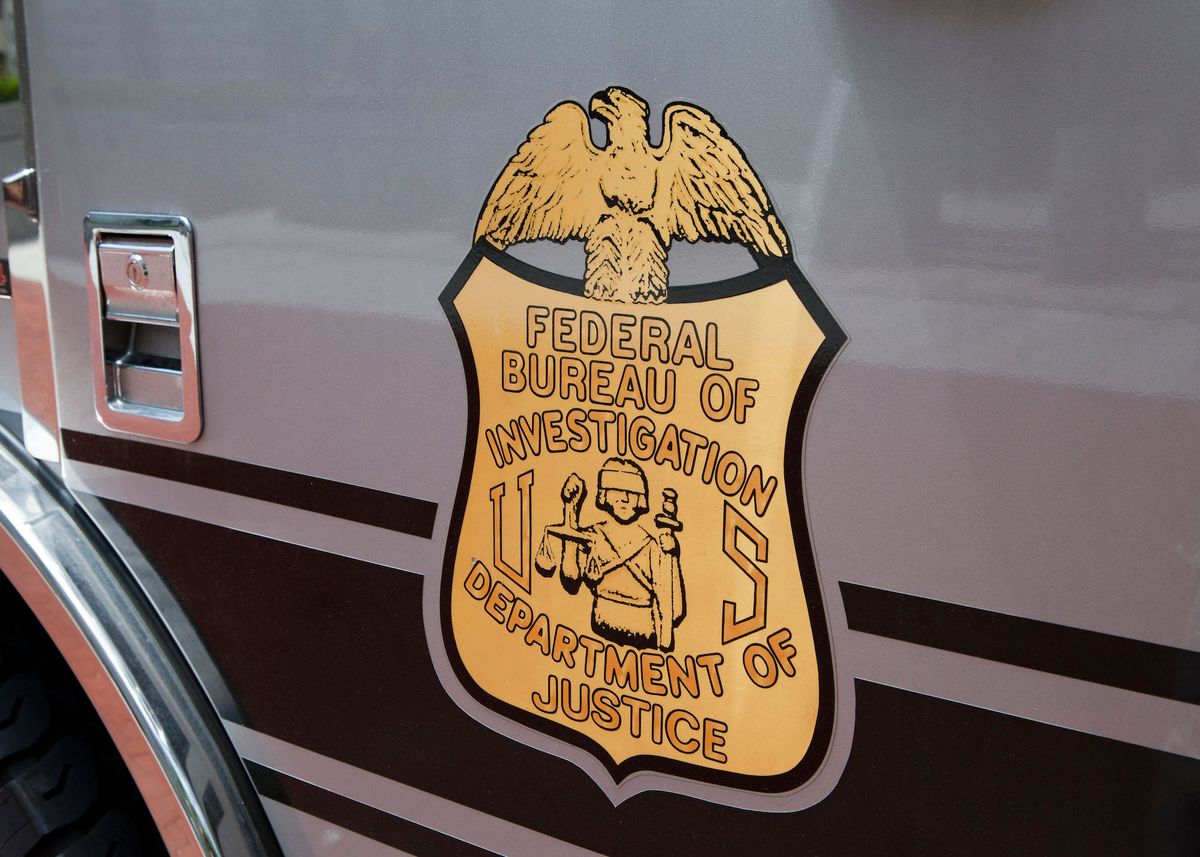Pulitzer Prize-winning photojournalist J. Ross Baughman has come forward saying he is a victim of an alleged $1.6m art fraud scheme, in which investigators say a Detroit-area gallery owner conned collectors out of more than 100 fine art photographs using made-up employees and fake medical emergencies.
In October, Wendy Halsted Beard from Wendy Halsted Gallery in Birmingham, a suburb of Detroit, was charged with wire and mail fraud after investigators said she took consignments from victims who either never had their artwork returned, never received proceeds from any sales, or both. Beard is also accused of selling works and not delivering the art after receiving payment. Beard’s lawyer Steve Fishman told The New York Times the case against Beard is “complicated” in a way “which does not lend itself to any commentary right now."
Baughman, a longtime photojournalist who won a 1978 Pulitzer Prize in feature photography for his coverage of the guerrilla war in Rhodesia, told the Times he decided to sell about one third of his photography collection amid a 2020 move into a smaller space. For the sale, he tried to reach out to Detroit dealer Thomas Halsted, from whom Baughjan purchased the first piece in his art collection in the 1970s. Halsted’s daughter, Beard, told Baughman she had inherited her father’s business after his death in 2018.
Baughman agreed to consign to Beard a Diane Arbus photograph and 19 other rare prints, many of which were signed by the photographers, he told the Times. Beard valued the 20 prints at $40,0000, and the contract gave her a year to sell the photos, but Baughman told the Times he became suspicious when Beard became less and less responsive to his enquiries. Three years later, he has not received his artwork or any payment, he said.
“She was willing to take advantage of me,” Baughman told the Times, saying Beard “had taken my life’s work—all of these very fun, sentimental personal artefacts.” In 2021, Baughman lost the part of his collection still in his possession in an apartment fire that also destroyed nearly one million photo negatives and transparencies, he told the Times.
Baughman was one of five victims outlined in an FBI complaint released last year. Bank and other business records indicate there are likely more, according to the complaint, and in October the FBI office in Detroit asked the public for help identifying additional potential victims.
Another alleged victim was an 89-year-old man with Alzheimer’s disease who gave Beard five photographs to sell, including a signed print by famed landscape photographer Ansel Adams. When the man’s relatives asked Beard to end the arrangement and to return the works, Beard instead turned over a reproduction print purchased from the giftshop of the Ansel Adams Gallery in Yosemite, California, according to the FBI complaint.
The most valuable work involved in the case is another Adams print, the mural-sized The Tetons and the Snake River, Grand Teton National Park (1942), which Beard sold in 2020 for $440,000. According to the complaint, the print’s owner never received any compensation for the sale and was told by Beard that she had been unable to sell that work.
The FBI said that when clients asked about the status of their prints, Beard would email them from fake addresses pretending to be nonexistent employees and say Beard was suffering from outlandish medical emergencies like a double lung transplant. “Based on my experience and training, I believe Beard created these and other fictitious assistants and email addresses in furtherance of the fraud and to create sympathy from her victims and justify why she had not returned their artwork,” an FBI agent wrote in the complaint.
At least one additional alleged victim has come forward since Beard was charged last year. The alleged victim, described as a serious collector who decided to stay anonymous, realised he may have been frauded by Beard after seeing news of the case on television. His lawyer, Fritz Knaak, told the Times his client consigned two photos valued at $30,000 with Beard in 2019.
“It’s very embarrassing to have to admit to your peers that maybe you’ve been taken advantage of,” Knaak told the Times. “What made it most painful was a violation of trust in a fairly small circle of collectors.”
Cases of art dealers defrauding artists and collectors have repeatedly made headlines in recent years, prompting some to suggest that the opaque nature of the art market makes it an ideal arena for such behaviour. In November 2021, art dealer Inigo Philbrick pleaded guilty to federal wire charges after he was accused of defrauding collectors, investors and lenders out of $86m. He is serving a seven-year prison sentence.


